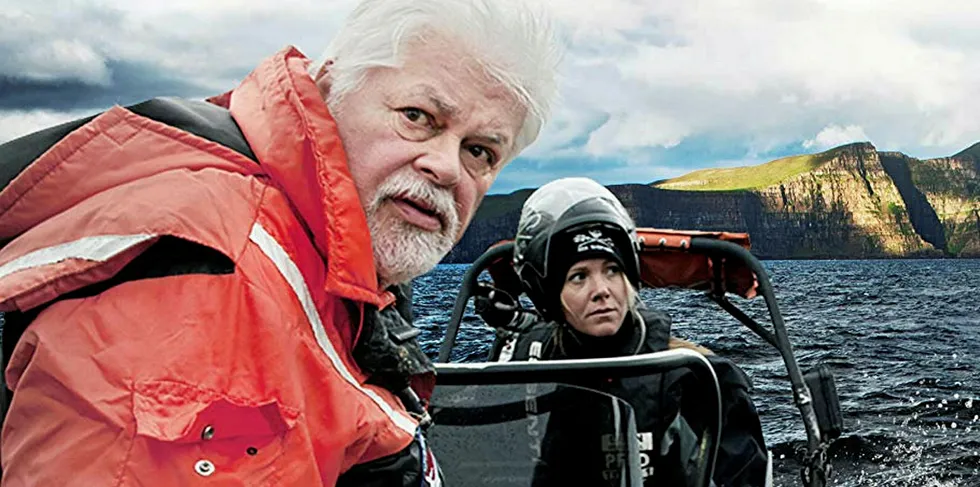Sea Shepherd's Paul Watson on salmon farms: 'Our objective is to shut them down'
One of the most notorious and controversial NGO campaigners tells IntraFish his group has a multi-pronged attack ready against the industry.

One of the most notorious and controversial NGO campaigners tells IntraFish his group has a multi-pronged attack ready against the industry.
